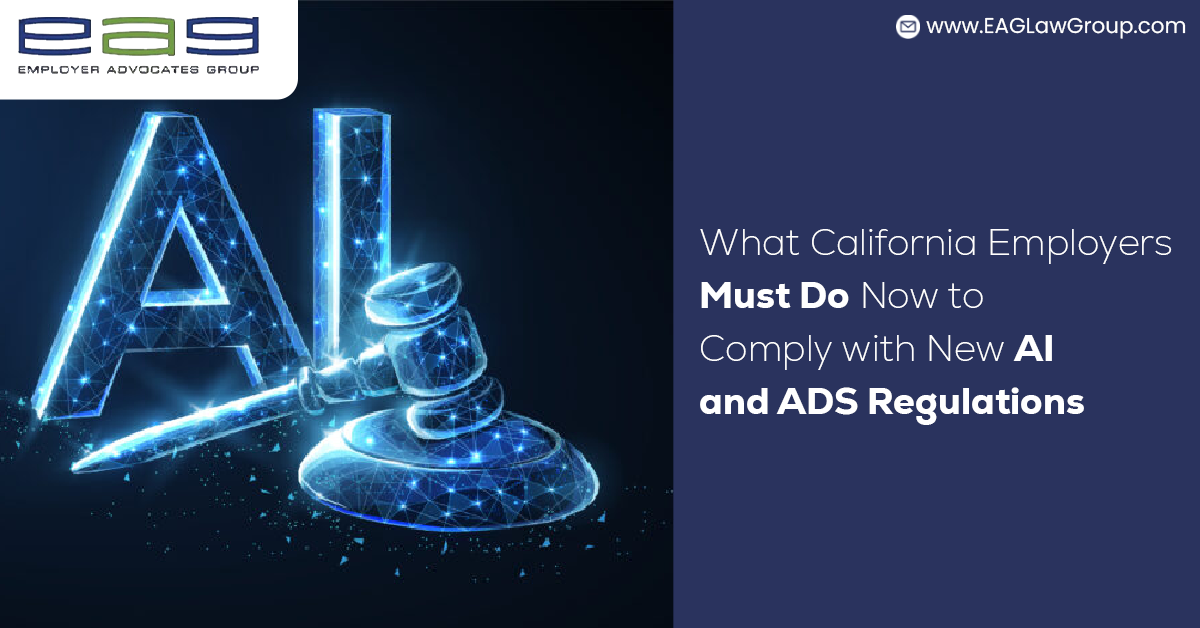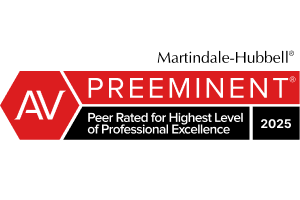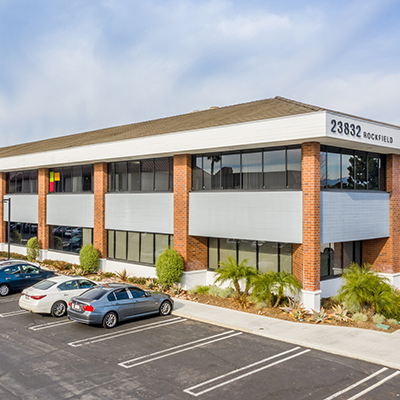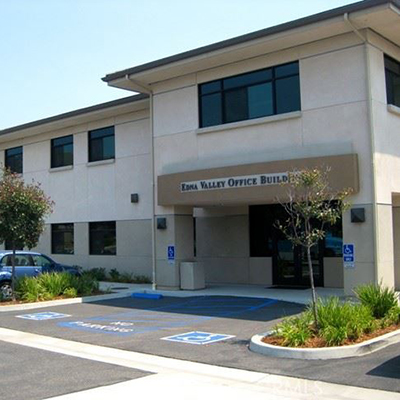What California Employers Must Do Now to Comply with New AI and ADS Regulations

Artificial intelligence is no longer a futuristic tool; it’s here, and it’s changing how businesses recruit, evaluate, and manage employees. But with innovation comes responsibility.
The California Civil Rights Council, which has authority to issue legal regulations regarding the State’s Fair Employment & Housing Act (FEHA), recently published new regulations regarding the use of automated decision systems (ADS) and artificial intelligence in employment practices. A copy of the new regulations are available here: Final-Text-regulations-automated-employment-decision-systems.pdf The regulations took effect on October 1, 2025.
For employers, this means immediate attention is required to avoid costly mistakes.
Understanding and complying with these AI regulations isn’t optional; it’s a legal necessity that protects your business from potential claims under California’s FEHA.
Why the New Rules Matter for Employers?
California has placed stricter scrutiny on how companies may use technology in screening, hiring, promoting, and workplace monitoring. Automated systems can unintentionally discriminate if not carefully managed, leaving businesses exposed to lawsuits or administrative claims.
Key Compliance Steps Employers Must Take
1. Audit Current Systems
The first step is to review and evaluate any AI software or tools that fall under the scope of ADS California rules before they are used. This includes applicant tracking systems, resume-screening software, employee evaluation platforms, and even AI-driven workplace monitoring tools. Employers should document what systems they use and how these tools impact employment-related decisions. They should also make sure that the AI told are purchased from reputable vendors who have already conducted some pre-validation of the tools that would determine whether any inadvertently built-in biases or stereotypes gleaned from the training data were removed.
2. Implement Bias Testing
New laws require employers to ensure AI tools are not producing discriminatory outcomes, even unintentionally. Regular testing for bias is now an essential compliance task. If a system disproportionately screens out candidates based on protected categories (such as gender, age, or race), employers may face liability for “disparate impact” discrimination.
3. Provide Transparency to Employees and Applicants
Employers must now notify individuals when automated systems are used in the hiring or evaluation process. Clear disclosures build trust and allow applicants to understand how decisions are being made. It also provides them the option not to proceed further in the hiring process, if they are concerned about the use of AI in employment selection.
4. Train HR and Management Teams
Compliance requires more than IT oversight. Human resources staff and hiring managers need training on how to properly use AI tools, interpret their results, and recognize when human judgment should step in. Having a “human in the loop” is essential whenever using AI tools that may affect the rights of other people or otherwise involves decisions that may overlook subjective criteria or considerations.
5. Adequate Documentation
Keeping detailed records is your best defense. Employers should document every system evaluation, employee notification, and bias audit. This documentation will be critical if a claim is ever filed.
The Risks of Non-Compliance
Compliance with the new AI-related employment laws is critical and should be given priority. Ignoring the requirements of the new laws may expose employers to costly lawsuits and enforcement actions. Discrimination claims, wage disputes, and wrongful termination suits can all be tied back to improper use of AI or ADS tools. By addressing compliance as an integral part of its risk management and legal compliance initiatives, businesses reduce their legal risk while also building more inclusive and transparent workplaces, which in turn may make them more attractive to the best available employee candidates.
How Employer Advocates Group Law Firm Can Help
At Employer Advocates Group Law Firm, we specialize in defending employers against claims and guiding them through compliance with emerging employment laws. By integrating our legal expertise into your operations, we help you stay ahead of evolving rules like AI regulations while minimizing your exposure to potential disputes. Our team understands both the legal framework and the practical challenges you face in today’s workplace.
FAQs
1. What qualifies as an Automated Decision System (ADS)?
Any software or tool that makes or assists in employment decisions, such as hiring, promotions, or performance reviews, may be considered an ADS under California law.
2. Do small businesses need to comply?
Yes. The rules apply to any employer using these technologies, regardless of company size.
3. How often should bias testing be conducted?
It’s best to perform testing before adopting new tools and then schedule regular audits, annually at a minimum, and more often if significant updates occur. Obtaining validation testing documentation, with frequent updates, from the vendor is also important.
4. What if we outsource hiring to a third-party agency?
Employers remain responsible for compliance, even if the technology is provided by a vendor. You must ensure your vendors meet California’s standards.
5. What are the penalties for non-compliance?
Violations can lead to lawsuits, administrative claims and enforcement actions, and reputational damage. Proactive compliance is far less costly than defending claims later.
Stay Ahead of the Curve
The rapid growth of AI in the workplace is rewriting the rules of employment law. Don’t wait until a claim lands on your desk. Our attorneys at Employer Advocates Group Law Firm can help you evaluate your current systems, create compliance strategies, and defend against potential disputes.
Contact us today to schedule a consultation and ensure your business is fully compliant with California’s new AI and ADS requirements.
Please note that the foregoing is provided for general informational purposes only. It is not intended to provide legal advice in any particular circumstances. Readers are recommended to consult with competent legal counsel for advice.










